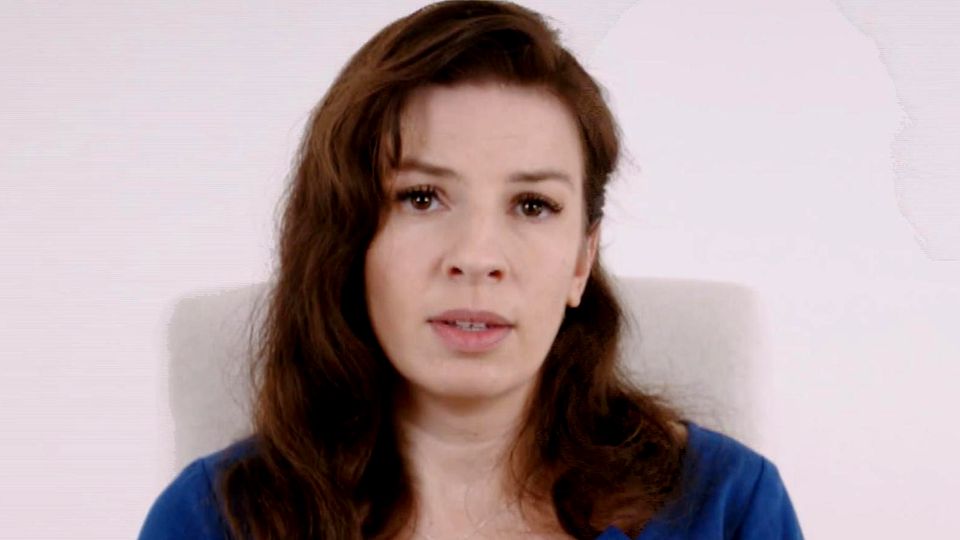Symptoms of fatigue syndrome include exhaustion, pain, and difficulty sleeping and concentrating. For some of those affected, some of these symptoms last for several months.
According to a study by the Jena University Hospital, many people affected by the long-term consequences of a corona infection suffer from the exhaustion disease myalgic encephalomyelitis / chronic fatigue syndrome (ME/CFS) more than a year later. According to the study with 1,022 sufferers, this was the case for a fifth of those affected, as the clinic announced.
Photo project “Homes of Hope”
What has the Corona crisis done to people? Photographers from all over the world have taken portraits of people in their homeland
ME/CFS is a severe neuroimmunological exhaustion disease triggered by infections, the disease mechanisms of which are still poorly understood, according to the clinic. For the study, doctors at the clinic evaluated the data from sick people who presented to the post-Covid outpatient clinic there between August 2020 and the end of October 2022.
Around a fifth with long-term fatigue consequences
There were 684 women with an average age of 51. An average of 255 days passed between the infection and the initial presentation in the special outpatient clinic. At this point in time, the symptoms of 277 affected people had lasted longer than a year. The most common were neuropsychological symptoms. 80 percent reported severe exhaustion (fatigue), two thirds reported difficulty concentrating, and more than half reported memory problems.

At the follow-up appointment, many sufferers reported a slight improvement in fatigue and ability to concentrate. However, the objective test results for exhaustion, signs of depression and memory showed little improvement compared to the initial presentation. 30 percent of those affected met full criteria for ME/CFS. One year after the infection, one in five people still suffered from ME/CFS.
According to the clinic, what is typical for ME/CFS is that exertion worsens the condition of those affected. “It is therefore particularly important for these patients to consistently manage their physical and mental strength,” explained Philipp Reuken, one of the study authors. “Long Covid is a long-term disease, improvement can be achieved, but only slowly.”
A big problem is that a relevant proportion of those affected can no longer go to work, according to the head of the Jena Post-Covid Center, Andreas Stallmach. “This highlights the social dimension of the disease.” The participation of those affected in social and working life is a topic at the 2nd Long Covid Congress at the end of November in Jena. The German patient guidelines define Long Covid as symptoms that last longer than four weeks after the corona infection; in the case of Post Covid, they last longer than twelve weeks.
Sources: DPA,
Source: Stern
I’m Caroline, a journalist and author for 24 Hours Worlds. I specialize in health-related news and stories, bringing real-world impact to readers across the globe. With my experience in journalism and writing in both print and online formats, I strive to provide reliable information that resonates with audiences from all walks of life.




